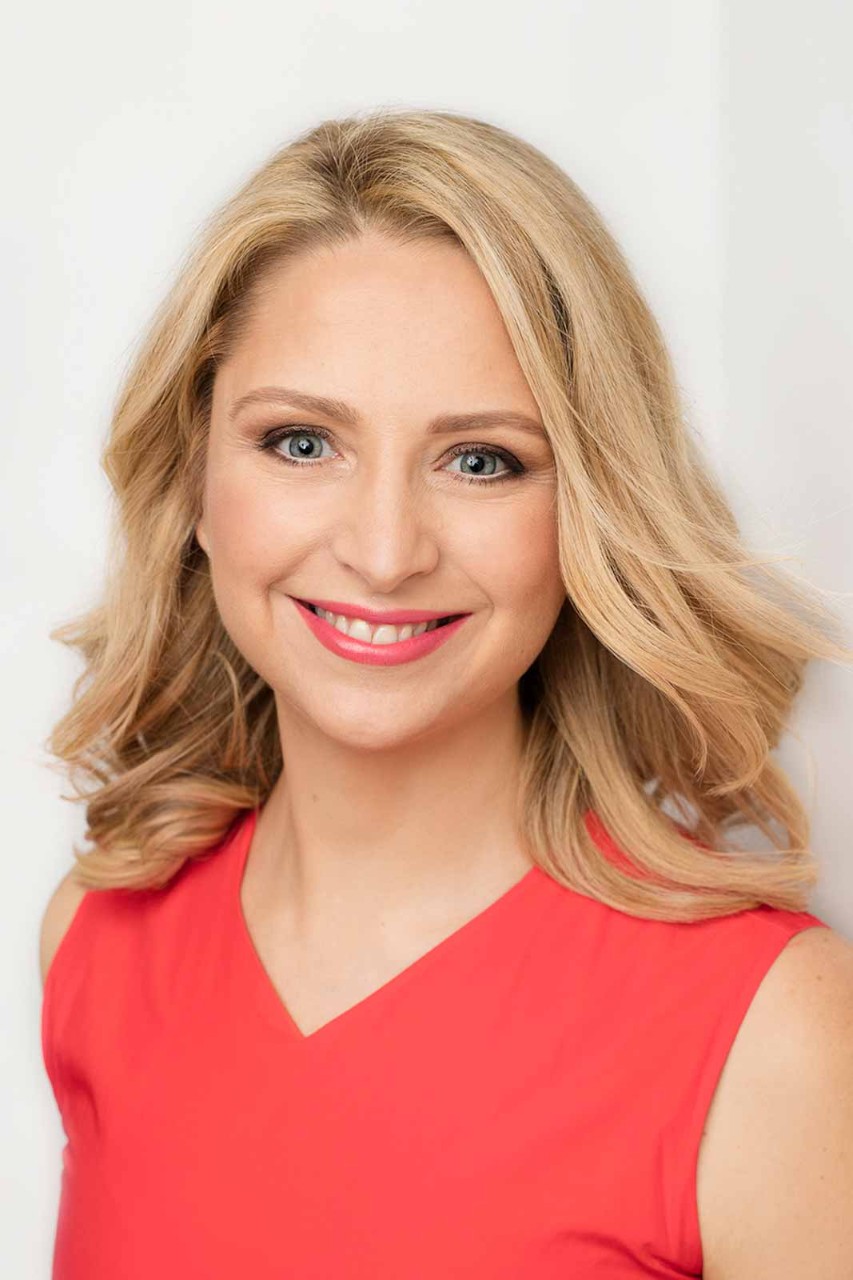
Former PwC employee turned entrepreneur, Nicole Denholder is fascinated by numbers.
The Australian-born, Hong Kong-based trailblazer is a keen follower of data that shows how vastly under-represented women are in the business world. Through funding support platform, Next Chapter Raise, Denholder is empowering her gender to challenge the status quo.
'About 77% of venture investors in South-East Asia don’t have a single woman in a decision-making role'
Dire statistics
‘One of the reasons I started Next Chapter is that the statistics are dire,’ she says.
‘Did you know that women-founded start-ups in the US raised just 1.9% of all venture capital funds in 2022 and that figure drops to 1% in Europe?'
The ratio is even worse in South-East Asia, where female founders accounted for only 0.6% of capital invested in the region in 2021, according to DealStreetAsia.
Could this be, Denholder ponders, because so few women are the dealmakers?
‘From my research, fewer than 7% of major investor partners are women,’ she continues. ‘And according to DealStreetAsia’s Data Vantage report, about 77% of venture investors headquartered in South-East Asia don’t have a single woman in a decision-making role.’
‘I liked the crowdfunding model and saw that it worked really well for women'

Denholder’s journey into entrepreneurship formally began in 2016 with the establishment of Next Chapter Ventures, a crowdfunding platform aiming to kickstart female-led businesses. But the idea had been incubating well before that.
A graduate in international business, Denholder joined PwC’s US IPO and advisory practices in London in 1999, working on large-scale projects across Europe and Asia – a role that saw her relocate to Hong Kong in 2003. Pregnant with her first child, she left PwC in 2011 to devote time to motherhood.
‘I loved being a mum more than I expected,’ she reflects. But while cherishing time with her son, Denholder was also percolating ideas.
Social media leverage
Through her work at PwC, Denholder had come to understand that, more often than not, the missing link hampering female founders’ success is funding and that, while women didn’t get much of a look-in at the venture capital table, they were more successful when leveraging social media.
‘I liked the crowdfunding model and saw that it worked really well for women,’ Denholder says. ‘Starting Next Chapter was a way to explore entrepreneurship myself, and to understand the issues women were facing.’
Since then, her venture has evolved to Next Chapter Raise, ‘a build-your-own accelerator for women in business’, offering funding education programmes, expert mentoring and networking opportunities, as well as connections to potential investors.
‘We’re a community that is all about helping ambitious women look at the journey they’re on from a commercialisation perspective, understanding the capital and financing solutions that would best meet their needs at that point, but also how to prepare for future financing,’ she says.
Investment opportunity
Why should the business world take notice? Determining that women are a good investment opportunity, Denholder refers to statistics again.
‘One study by Boston Consulting Group showed that for every dollar of funding, start-ups founded by females generated 78 cents versus just 31 cents for male-founded start-ups,’ she says.
'With more female leaders, we’ll have more inclusive product development'
Female-led businesses are more likely to hire women at a greater rate, so in building more diverse teams come more diverse solutions.
‘Thinking about solutions differently will see more products come out from women with a female angle,’ she says. ‘Historically, in examples such as car test dummies and even medical trials, women have been excluded from the testing model. With more female leaders, we’ll have more inclusive product development.’
Financial-literacy focus
In 2021 Denholder joined two fellow female entrepreneurs to establish Sophia, Asia's first financial literacy platform for organisations that want to offer financial education to their female employees and customers. Courses include wealth building, money and children, retirement, investing and cryptocurrency.
Denholder came well equipped for her new career in the gender finance space. ‘PwC had given me an understanding of regulations and expectations on how you talk about finance,’ she says. ‘I really wanted to bring that expertise from working in an accounting firm into the mindset of female entrepreneurs who didn’t have that background or exposure.’
‘Even if you don’t actually do the financial work, you should understand the work'
Financial literacy can, she says, accelerate business growth because it builds confidence. ‘How can you talk to someone about financing if you don’t understand what you need and how you’re going to deploy it?’ she asks.
This also benefits relationships with accountants, Denholder adds. ‘Even if you don’t actually do the financial work, you should understand the work. Talking to your accountant in a knowledgeable manner is far more valuable on both sides,’ she says.
Such relationships grow more fruitful over time. ‘I’m working with a number of founders who have already raised money once and are now fundraising again,’ Denholder says. ‘They understand their operation in terms of the product and their clients, but when you start building a comprehensive financial model, the ability to recognise the drivers or scenarios you should be looking at allows you to run a smarter business.
‘You need to be using your financial data to help you make decisions. And when you’re talking to an investor, that reflects that I understand my business.’




